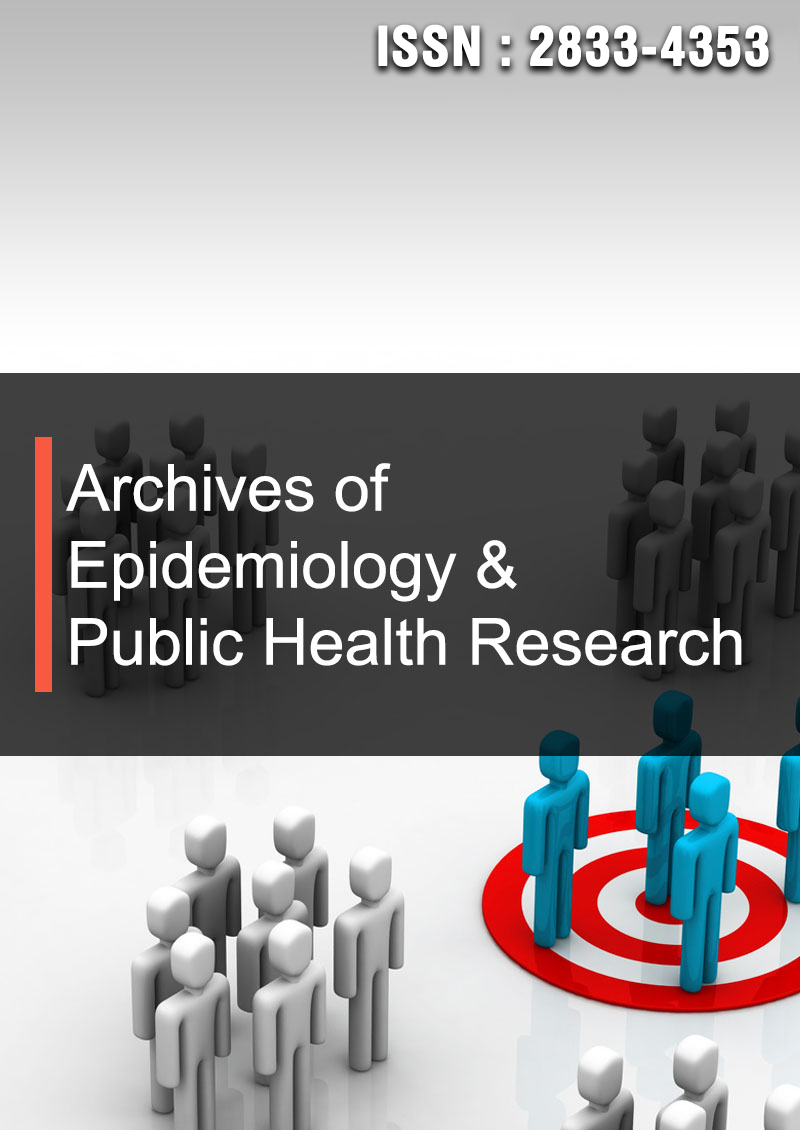Physical and Mental Fatigue, Social Support and Quality of Life Among Healthcare Professionals in Greece: Which Is the Impact of Demographic and Occupational Features?
Abstract
Paraskevi Theofilou and Ioannis Varemenos
The multitude of stressful factors in the work environment, combined with work burnout and the absence of social support, significantly degrades the quality of life of health professionals. The purpose of this research is to examine the levels of fatigue, quality of life and social support in the case of healthcare professionals in the post-pandemic environment, as well as the impact of demographic and occupational features. FAS, MSPSS and GHQ-28 were the psychometric tools that were used. The quantitative method with a structured questionnaire was chosen to conduct the research in 506 health workers, 14 hospitals of the 6th Health Region of Greece. It was observed that there is a statistically significant difference in the case of family, significant others, in the overall scale of social support and physical symptoms (p<0.05), with women scoring a higher mean rank. There is also a statistically significant negative correlation between age and overall social support, as well as its subscales (family, friends, significant others). Further investigation of the factors affecting physical and mental fatigue, social support and quality of life among healthcare professionals in Greece is needed.



